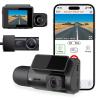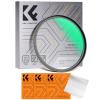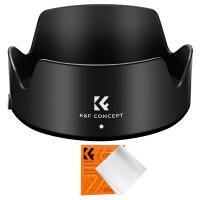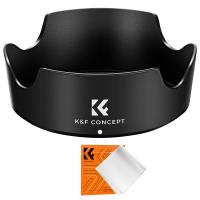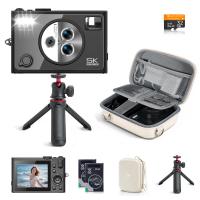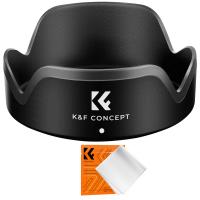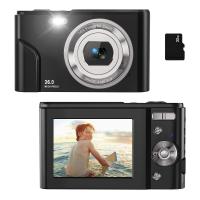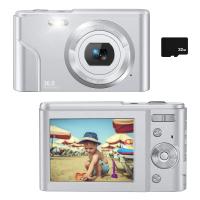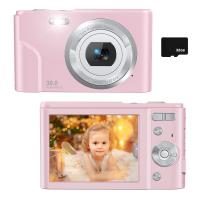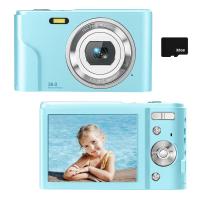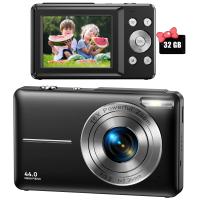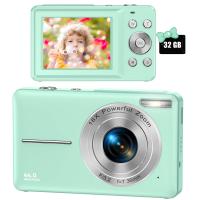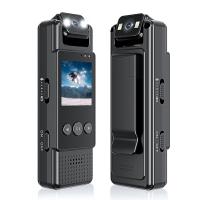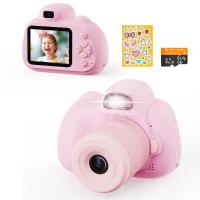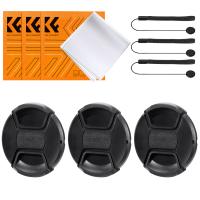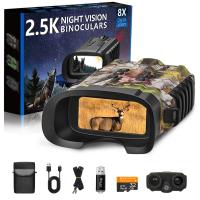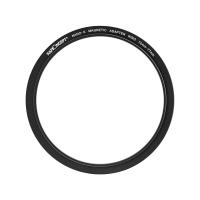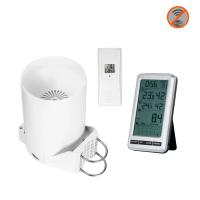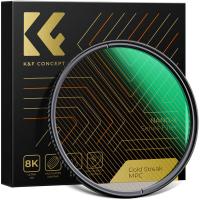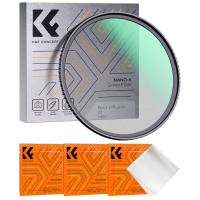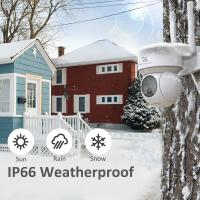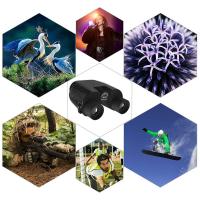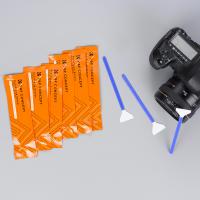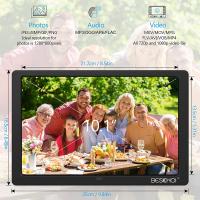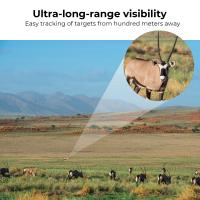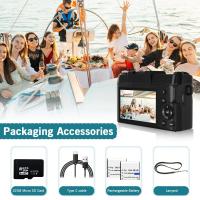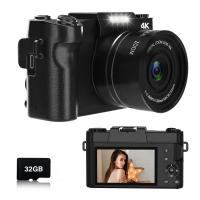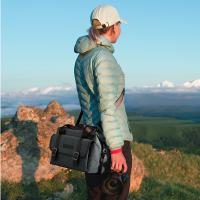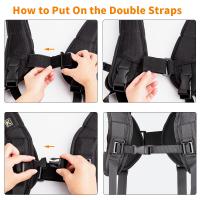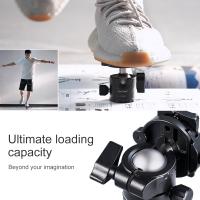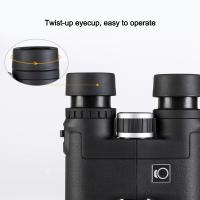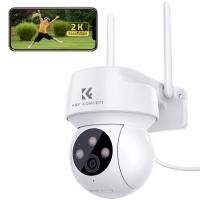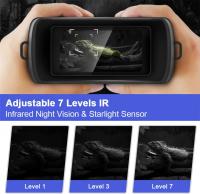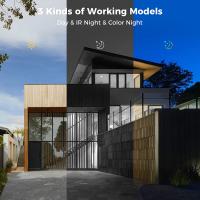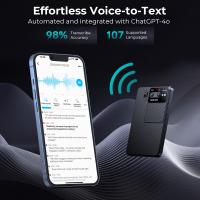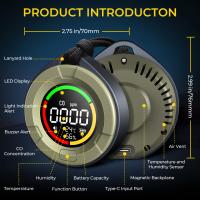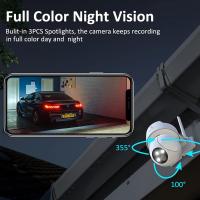What Is A Good Compact Digital Camera?
In an age dominated by smartphones and their ever-advancing cameras, it’s reasonable to question the relevance of compact digital cameras. However, despite the convenience of phones, compact digital cameras still hold a significant place in the photography world. The question, “What is a good compact digital camera?” stems from the genuine need for a better balance of quality, versatility, portability, and performance—an area where smartphones often fall short. Whether you're diving into photography as a beginner, an enthusiast looking for flexibility, or a professional needing a portable backup to your DSLR, the right compact camera can elevate your photography experience.
This article will delve into what makes a compact digital camera "good," the features to consider based on your use case, and examples of notable models to help you make an informed decision. Let’s decode the elements that set a camera apart from the crowd and explore why compact digital cameras continue to be a valuable option for diverse users.
---
What Defines a "Good" Compact Digital Camera?
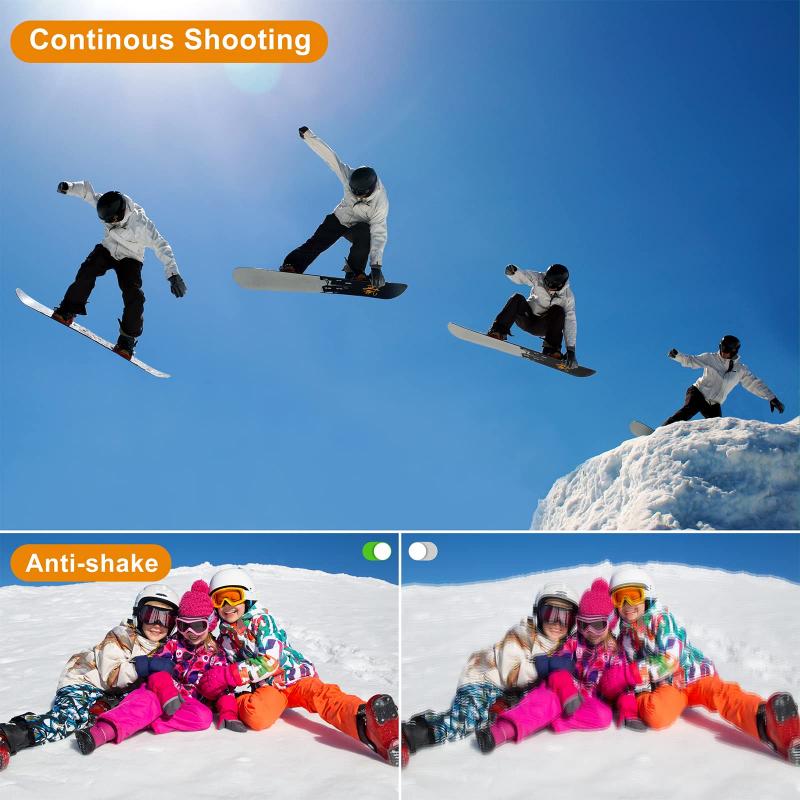
The definition of "good" varies from person to person, depending on individual needs. A beginner might want ease of use and affordability, while a frequent traveler might require something lightweight with powerful zoom capabilities. Still, there are a few key aspects that most people can consider when choosing a compact digital camera:
1. Image Quality: One of the primary reasons to consider a dedicated camera is superior image quality. Almost all compact digital cameras feature larger sensors compared to smartphone cameras, enabling better light gathering, more detail, and improved dynamic range.
2. Size and Portability: A good compact camera strikes the perfect balance between portability and performance. Unlike DSLRs or mirrorless cameras that require multiple lenses and bulkier hardware, compact cameras are designed for on-the-go shooting without compromising too much on feature sets.
3. Versatility: Many compact cameras come with advanced zoom lenses, built-in stabilization, weather-sealing, and even manual controls, providing unmatched versatility that smartphones lack.
4. Features and Usability: Consider features such as a tilting screen for vlogging, a fast autofocus system for action shots, or built-in wireless connectivity for seamless sharing. Easy navigation and intuitive menus are also essential for an enjoyable user experience.
5. Price to Performance Ratio: While some compact cameras have niche applications and premium price tags, finding a balance between your budget and the performance you're getting is key. The best compact camera for you is one that offers the maximum features and quality for your specific price range.
---
Common User Scenarios: Determining Your Needs
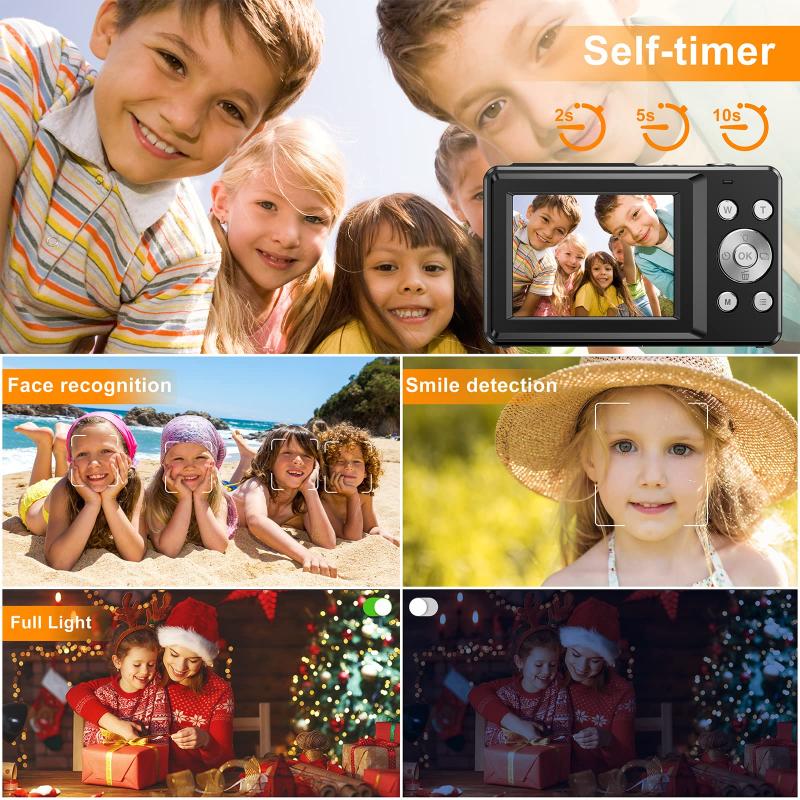
To answer the question effectively, let's identify a few potential requirements you might have:
1. Budget Buyer: If you're new to photography or simply looking to upgrade from your smartphone without investing too much money, you'll want an entry-level compact camera that offers decent image quality and zoom capabilities.
2. Travel Enthusiast: Travel compact cameras need to be lightweight, durable, and feature-packed. High zoom ranges and image stabilization are critical for capturing everything from scenic landscapes to close-up details of faraway landmarks.
3. Content Creators: Vloggers, social media influencers, and YouTubers often seek compact cameras with video-centric features like 4K recording, flip-out screens, and high-quality microphones.
4. Outdoor and Action Photographers: Compact cameras designed for outdoor use may include weather resistance, rugged designs, and even waterproofing for underwater shots.
5. Enthusiasts and Pros: Photography aficionados and professionals typically want greater manual control, high-resolution sensors, and RAW shooting capabilities for post-processing flexibility.
---
Must-Have Features in a Compact Digital Camera
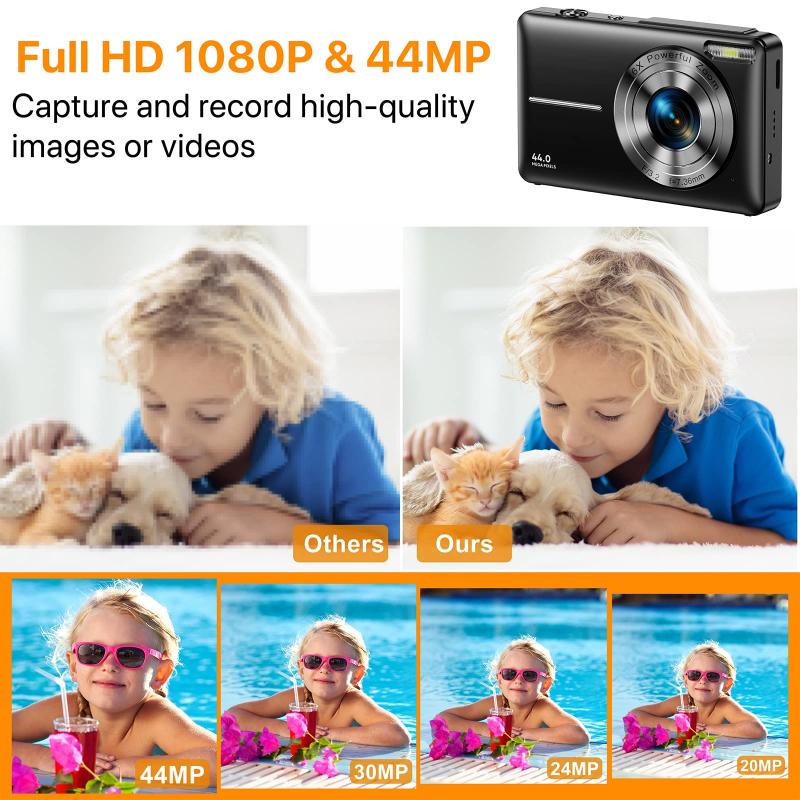
Once you've identified your primary use case, pay close attention to the specifications that matter:
1. Sensor Size: Larger sensors generally offer better image quality. Compact cameras range in sensor size from 1-inch sensors to those that rival DSLR and mirrorless cameras, such as full-frame or APS-C sensors.
2. Zoom Range: Optical zoom is a strong advantage compact cameras have over smartphones. Look for cameras with high optical zoom (e.g., 10x or more) if you frequently need to shoot objects from a distance.
3. Low-Light Performance: Cameras with wide aperture lenses (e.g., f/1.8) and advanced image processing excel in low-light conditions, reducing noise and improving detail.
4. Stabilization: Optical or digital image stabilization is a must for avoiding blur in photos and shaky footage in videos, particularly when using high zoom or shooting handheld.
5. Video Features: Modern compact cameras generally support Full HD, but a growing number of models also offer 4K video recording along with frame rate options. If video creation is important, aim for a camera with these advanced options.
6. Battery Life: Photography sessions can be prolonged, so ensure the camera offers adequate battery life for your needs, or check for USB-charging capabilities for power on the go.
7. Build and Portability: Compact cameras come in various sizes and designs, from ultra-slim pocket cameras to slightly bulkier options. Think about what you're willing to carry daily.
---
Top Recommendations for Compact Digital Cameras
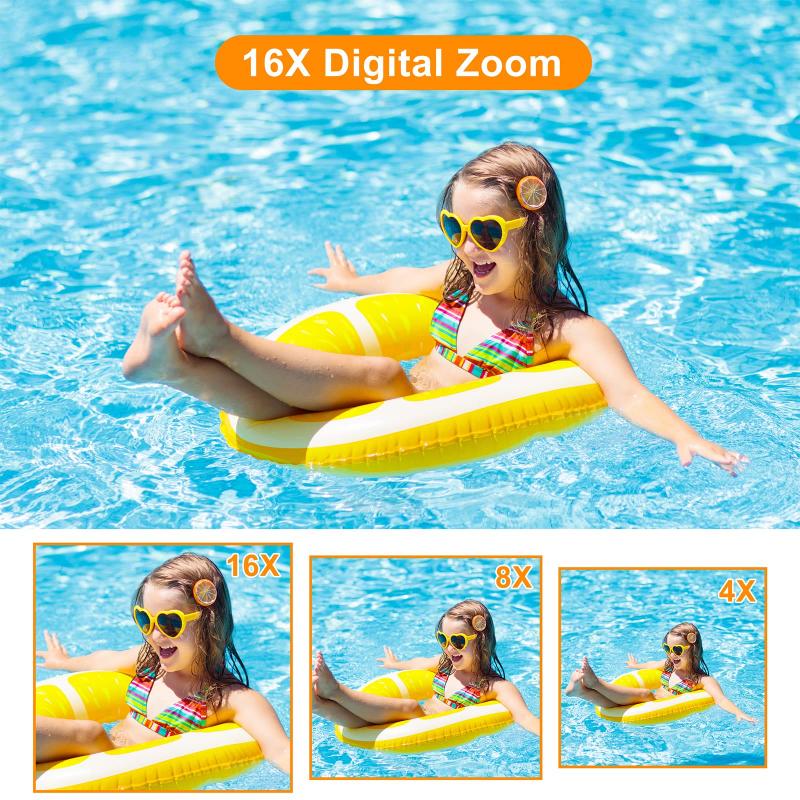
While many great compact cameras are available, the following are standout models in specific categories:
1. Budget Options:
- Canon PowerShot G9 X Mark II: A well-priced option with a 1-inch sensor, it offers excellent image quality for the money and features like Wi-Fi and intuitive touch controls.
- Sony Cyber-shot DSC-W800: A reliable, affordable choice for beginners that provides solid performance in an ultra-compact, wallet-friendly package.
2. Travel Cameras:
- Sony RX100 VII: Known for its exceptional zoom range (24-200mm), fast autofocus, and 4K video, this camera is ideal for globetrotters who don’t want to compromise quality.
- Panasonic Lumix ZS200 (TZ200): A versatile travel-friendly camera with a staggering 15x zoom and a 1-inch sensor for excellent detail and vibrant images.
3. Vloggers and Content Creators:
- Sony ZV-1: Tailored for vlogging, this camera supports 4K video, a flip-out LCD screen, and directional microphones for high-quality audio.
- Canon PowerShot G7 X Mark III: Another fantastic option for content creators, offering good 4K video performance and robust image stabilization.
4. Advanced Enthusiasts:
- Fujifilm X100V: With a fixed focal length (23mm), this camera is often regarded as a premium compact option for pros, boasting a larger APS-C sensor and a near-perfect balance of form and functionality.
- Ricoh GR III: A pocket-sized performer with a sharp lens and outstanding manual controls, this is a favorite for street photographers.
5. Action and Waterproof Cameras:
- Olympus Tough TG-6: A rugged, waterproof compact camera perfect for outdoor enthusiasts, it can withstand harsh environments while offering good performance and creative modes.
---
Is a Compact Camera Still Worth It?
The answer lies in the gap between smartphone cameras and professional-grade equipment. While smartphones excel in portability and convenience, they often struggle with optical zoom, low-light performance, and advanced manual controls. Compact cameras provide an excellent middle ground, offering better image quality, dedicated features, and more creative freedom for photography and video.
For some, the compact camera might seem like an overlapping device in a market saturated by smartphones. Yet for enthusiasts and professionals, the niche capabilities of compact cameras—ranging from stunning zoom clarity to weatherproof designs—make them an indispensable choice. Plus, with innovations like AI-based autofocus and lightweight designs getting better every year, it’s clear that there’s still plenty of room for compact cameras in the digital age.
---
In the pursuit of a good compact digital camera, start by evaluating your specific needs and budget. Are you a beginner looking to up your photography game, or are you an avid traveler needing a robust yet portable solution? Focus on the key features that align with your use case, and you’ll be well on your way to finding the perfect camera.
From budget-friendly options like the Canon PowerShot G9 X Mark II to premium choices like the Fujifilm X100V, there’s a compact camera out there for everyone

